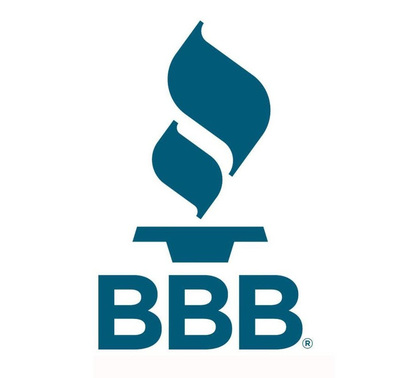BBB Continues to Receive Reports of "Can You Hear Me" Scam
Tuesday, March 26th, 2024 -- 1:00 PM

BBB continues to receive reports to BBB Scam Tracker about the “can you hear me” phone scam.
Usually, the caller will hang up immediately after you respond to the question “Can you hear me?” However, some consumers say the calls can also be about banking, vacation packages, warranties, and even Medicare cards.
The callers may be impersonating a business like your bank or another financial institution, a government agency, an insurance company, or others. So far, BBB has no reports in Scam Tracker that mention monetary loss, and BBB is unsure if any victims have reported any losses to the FTC or another entity.
However, it’s unclear how the scams will play out over time or if the targets will be victimized later. How does the scam work? You get a call from someone who almost immediately asks, “Can you hear me?”
Their goal is to get you to answer “Yes,” which most people would do instinctively in that situation. There may be some fumbling around; the person may even say something like, “I’m having trouble with my headset,” or “I’ll call you right back.”
But in fact, the “person” may be a robocall recording your conversation, and that “Yes” answer you gave could later be edited to make it sound like you authorized a major purchase.
Your “Yes” could also confirm to the scammer that the phone number they dialed is a real number, enabling future targeting of phone call scams. The FCC previously issued a unanimous ruling making AI-generated voices in robocalls illegal.
In other variations of the scam, the caller may say, “Is this [your name]?” or some other question where the answer will be “Yes.” The caller may not hang up right away either and may continue the conversation to attempt to steal your personal information or record more of your voice.
BBB offers the following advice, use Caller ID to screen calls, and consider not answering unfamiliar numbers. They will leave a message if it’s important, and you can call back. Read the FCC’s article on how to stop unwanted robocalls and texts.
Just hang up. If someone from an unfamiliar number calls and asks, “Can you hear me?” or “Is this [your name]?” do NOT answer “Yes.” Just hang up. Scammers change their tactics as the public catches on, so be alert for other questions designed to solicit a simple “yes” answer or any response.
Make a note of the number and report it to BBB.org/ScamTracker to help warn others. BBB also shares Scam Tracker information with government and law enforcement agencies, so every piece of information helps track down scammers.
Join the Do Not Call Registry (DoNotCall.gov) to cut down on telemarketing and sales calls. This may not help avoid scammers since they don’t tend to pay attention to the law, but you’ll get fewer calls overall which may help you more quickly notice the ones that could be fraudulent.
Check your bank and credit card statements regularly for unauthorized charges. Checking your telephone and cell phone bills is also a good idea. Scammers may use your voice's “Yes” recording to authorize charges on your phone.
This is called “cramming,” and it’s illegal. If you’re worried, notify your bank and credit card company. They may be able to put an alert on your accounts for unauthorized transactions or freeze your credit cards temporarily.
For more information, report scams to BBB Scam Tracker (BBB.org/ScamTracker). Learn how to spot a scam. Read BBB’s tip on how to spot and stop robocalls. Check out BBB.org to look up a business, file a complaint, write a customer review, report a scam, read tips, follow us on social media, and more!
Feel free to contact us with questions and/or comments.




